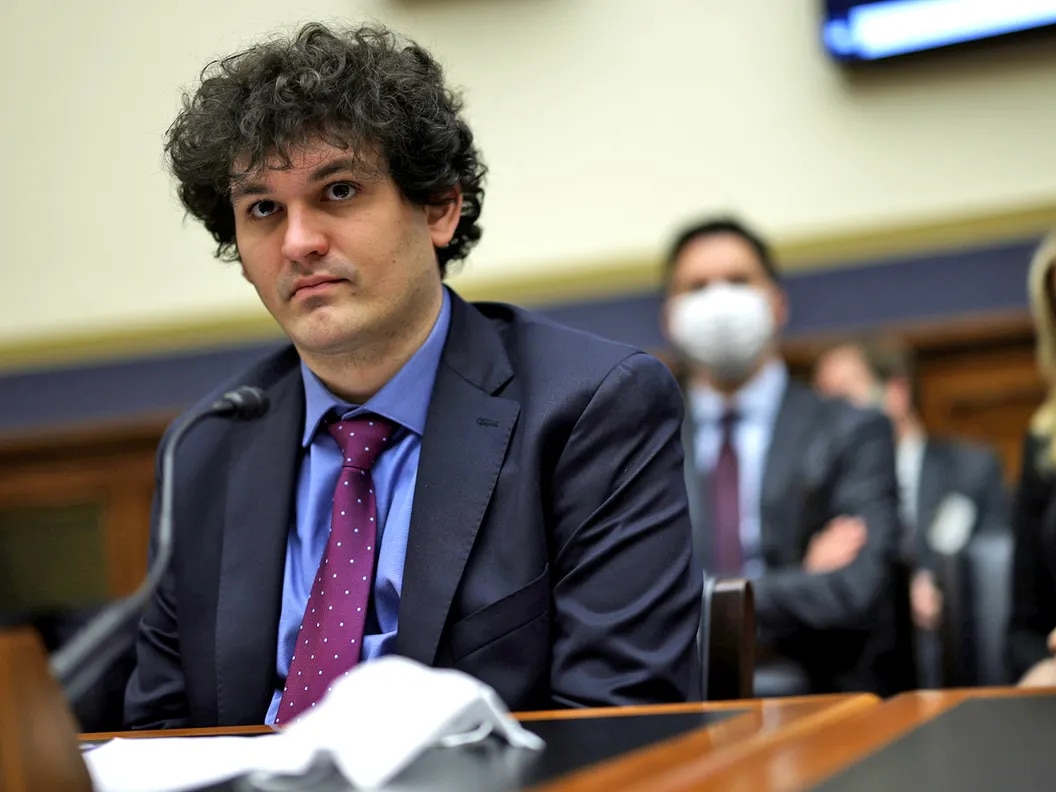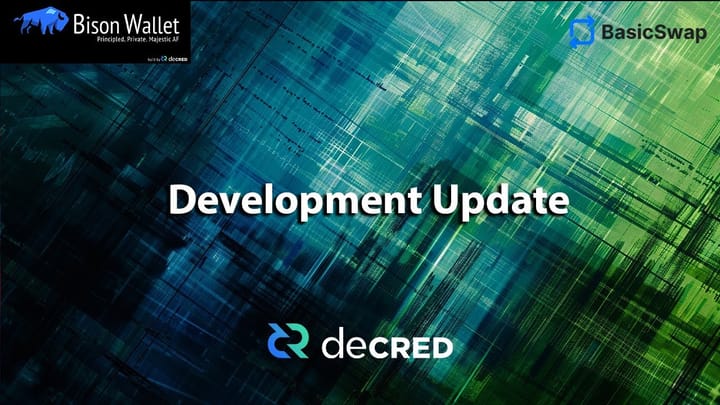The collapse of FTX marked a significant event in the crypto industry, highlighting the potential risks of centralization And custodial services.
One year after the FTX crash, its founder Sam Bankman-Fried has finally been convicted for the massive fraud that led to the collapse of his exchange, following a month-long trial that pitted the testimony of the former crypto king against some of his closest friends.
Bankman-Fried was found guilty of seven charges of fraud and conspiracy after the jury in Manhattan deliberated on Thursday. He could face up to 20 years in prison for the most serious charges. Judge Lewis Kaplan set the sentencing date for March.

The verdict is a win for the U.S. Attorney for Manhattan, Damian Williams, in the most high-profile criminal case in the crypto world. It also marks the fall of Sam Bankman, who at the beginning of 2022 had FTX valued at $32 billion, with celebrities like Tom Brady, Larry David, and Steph Curry hired to encourage people to trade digital currencies on the platform.
Retrospective of the downfall
FTX was a crypto exchange known for trading crypto derivatives, like its own token FTT. The exchange operated in many countries, including the U.S., Japan, Hong Kong and Switzerland. FTX had rapid growth in 2020 and 2021, receiving billions in investments from financial entities.
FTX's downfall started with a liquidity crisis. Bankman-Friedman moved approximately U$10 billion of FTX customer funds to the Alameda Research Company, another crypto trading firm founded by Sam Bankman, whose assets were mostly held in the FTT token. Changpeng "CZ" Zhao, Binance's CEO, had disclosed Binance's intent to sell its FTT tokens shortly before FTX's bankruptcy filing, citing concerns about companies linked to Bankman-Fried's balance sheets. This announced increased customer withdrawals, exacerbating the liquidity crisis.
On November 11, 2022, Sam Bankman resigned from his FTX CEO position. The company announced its bankruptcy filing via Twitter. By November 17, FTX collapsed, creating a bloodbath in the crypto market. After playing with its customer's money, FTX created a general loss scenario. Centralized crypto exchanges lost credibility, and investors lost billions invested.
Wall Street Journal mini documentary on the FTX crash
Moving Forward
The collapse of FTX marked a significant event in the crypto industry, highlighting the potential risks of centralization, and of leaving the power of decision to a few individuals. Now it's clear that the safest path to walk is the one built by the decentralized exchanges. DEXs offer several advantages to users, some of them are:
Users Empowerment
DEX users retain control over their private keys and funds at all times, having full custody over their assets. There is no need to trust a third party to hold or decide what to do with their assets. DCRDEX is one example of a decentralized exchange in which users have full custody over their coins!
Privacy
DEXs usually require less or no information from users. Keeping the privacy of traders is very important, and meets the principles of the crypto market. No information regarding users can be sold or directed to malicious actors.

Listing Independence
The process of listing new tokens on decentralized exchanges is community-driven. This allows innovative projects to gain exposure and community integration. No coin is listed based on individual favors or speculation.
No trading fees
Decentralized exchanges, like DCRDEX, tend to have no arbitrary fees over user's transactions. Following the ethos that no one should profit from others' transactions!
Note that DEXs also face challenges regarding liquidity, but they continue to evolve, creating a more fair and transparent environment for those who seek financial freedom. Do you use any decentralized exchange? Which? Leave a comment below!






Comments ()